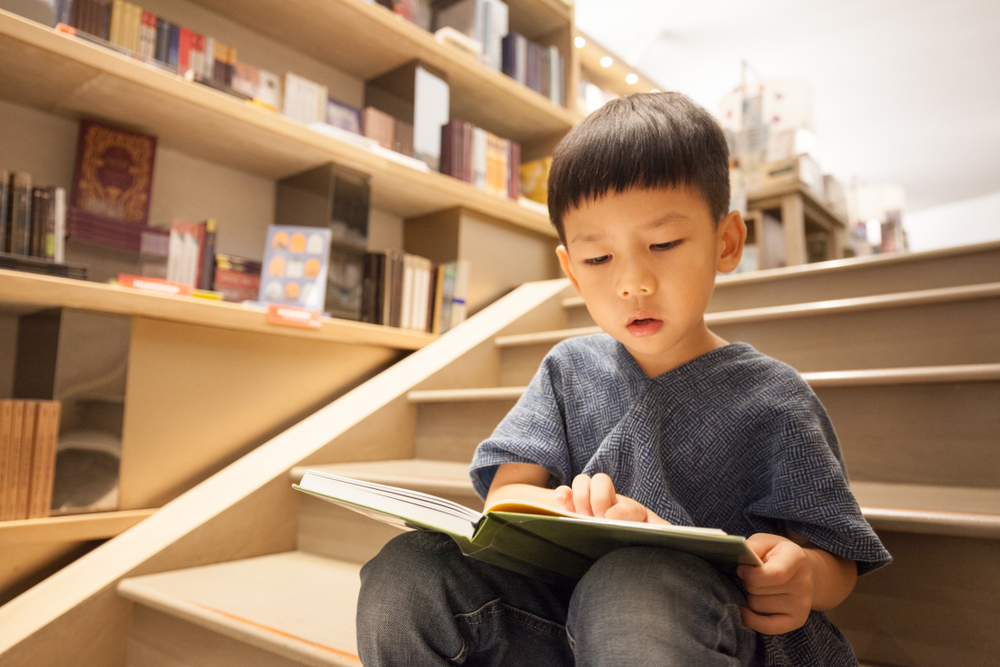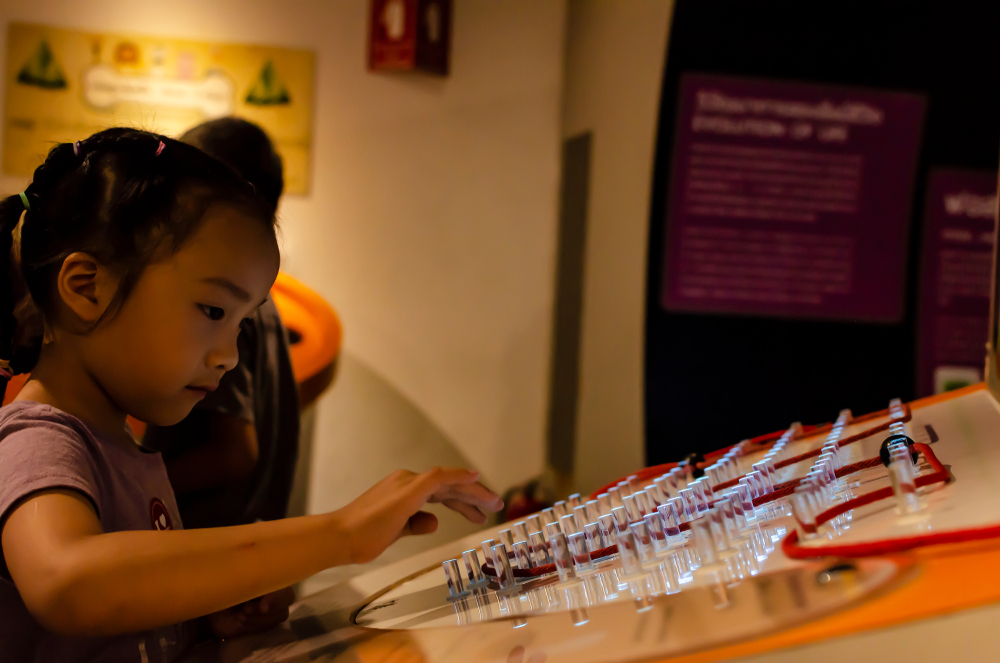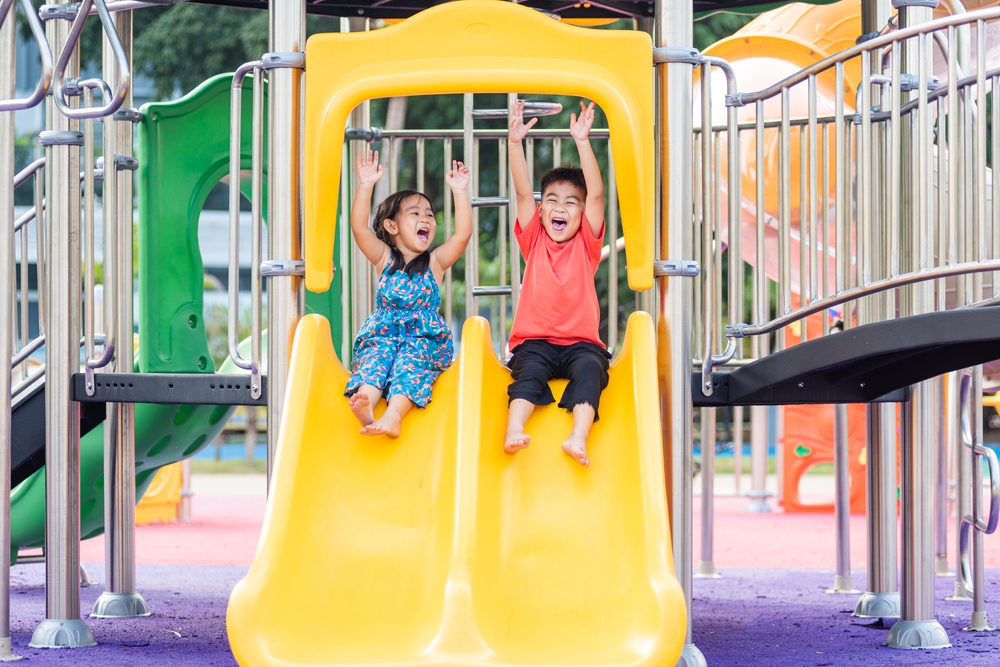December 2023

Written by: Education Expert, Principal Kenneth Law
We all understand that each student is an independent individual, so the speed of learning varies. However, if there are methods that can make children learn faster and better, it is undoubtedly something both parents and teachers would be pleased to see. How to help children learn faster and better is also a topic of research for many scholars.
One key factor affecting the speed of a child’s learning is the amount of existing knowledge they possess. Existing knowledge refers to what the child has learned and mastered, not only the knowledge acquired in school but also part of the knowledge gained in daily life.
Learning is like building a scaffold, gradually laying a solid foundation. Lev Vygotsky, a modern psychologist highly regarded, believes that the learning process is like constructing a “scaffold,” progressing from low to high, from small to large, using one metal rod at a time. The term “scaffold” is equivalent to the bamboo scaffolding commonly used by the Chinese. Of course, in the context of learning, it’s metaphorical.
Describing learning as constructing a scaffold brings several insights. Firstly, laying a solid foundation is crucial. Secondly, learning must proceed step by step; if one rushes and neglects certain aspects, the knowledge won’t be firmly established. Furthermore, as long as one diligently learns step by step, they will surely accumulate more and more knowledge. Additionally, different individuals can construct different shapes of bamboo scaffolding, and knowledge is not static; it evolves continuously with the development of the times.

Once the learning theory of Vygotsky is understood, the importance of existing knowledge becomes self-evident. Existing knowledge is like a bamboo scaffold already constructed, and new knowledge is added on top of the existing scaffold, making it higher and larger. The more existing knowledge one has, the more reliable it becomes, and learning new things becomes easier. There’s no need to look around distractedly, and the learning speed becomes faster.
Make good use of spare time to broaden the scope of knowledge
The content learned and the time spent in school by students may not be extensive. Therefore, making good use of spare time becomes relatively important in enhancing a child’s academic performance. Making good use of spare time does not mean participating in more training classes or doing additional supplements. On the contrary, because schools already provide comprehensive and systematic courses, it is even more crucial to focus on expanding a broader range of knowledge during spare time, making the foundation of the “bamboo scaffold” broader.

Reading books, visiting museums and exhibitions, and traveling along nature trails can all broaden a child’s horizons and expand their range of knowledge. Parents can allow children to have more autonomy, letting them choose activities they enjoy. Providing children with the space to make choices can also cultivate their ability for self-directed learning, self-discipline, and a sense of responsibility, which are essential for their future.






